Banned in America Funny Practical Joke Movie
There are movies that are made with the intention of pushing boundaries, often times subverting societal norms and dealing with controversial topics. Some of these movies become masterpieces and are hailed as groundbreaking.
However in the past some movies were seen as either too shocking, too controversial, too offensive, or too politically charged, and even though some may be praised as classics now, were deemed by some as so inappropriate that they were in fact banned from being shown in the U.S. at one time or another.
Cannibal Holocaust (1980)
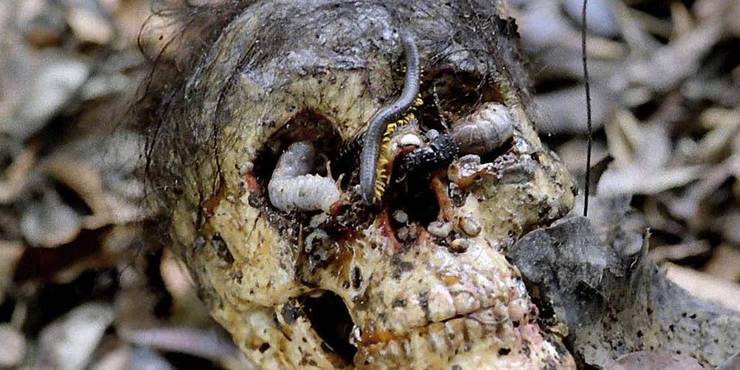
This famously banned horror movie, which pioneered the use of the found footage style in horror movies, follows an anthropologist as he attempts to rescue a team of filmmakers from the Amazon rainforest who, while making a documentary, went missing. Featuring footage that some truly believed to be real, leading to allegations that the movie was a genuine snuff film, Cannibal Holocaust was not only banned in 1980 for animal cruelty, according to SlashFilm, but some of those involved in production received suspended sentences in Italy after being convicted of obscenity and violence.
The Last Temptation Of Christ (1988)
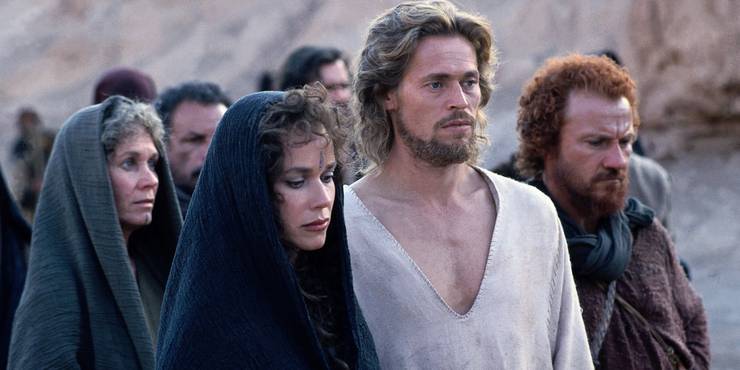
This religious drama directed by Martin Scorsese depicts the life of Jesus Christ, played by Willem Dafoe, as he experiences internal battles when faced with numerous forms of temptation, including love, lust, doubt, and fear. The Last Temptation Of Christ, with scenes involving Jesus imagining himself taking part in sexual activities, sparked outrage within the Christian community, causing it to be banned in many countries around the globe. According to UPI, its release also led to a terrorist attack in which a movie theater screening the movie was set on fire.
Monty Python's Life Of Brian (1979)
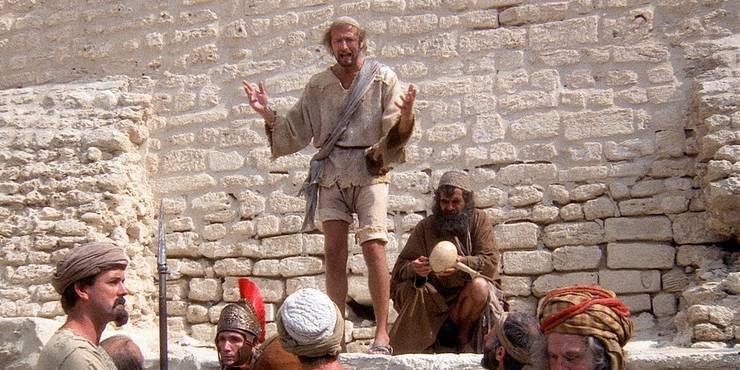
Considered by many to be among the funniest comedy movies ever made, Monty Python's Life Of Brian is a religious satire that follows a man, Brian, who is mistaken for the Messiah after he is born at the same time as, and in the stable next to, Jesus. Banned for being blasphemous, Monty Python's Life Of Brian was subject to incredible criticism for its depiction of Brians crucifixion. In a New York Times article, it states that a Reverend in South Carolina said it "made fun of [Jesus'] suffering." While it continues to cause controversy even to this day, it and its famous lines are regularly voted the funniest ever.
Scarface (1932)
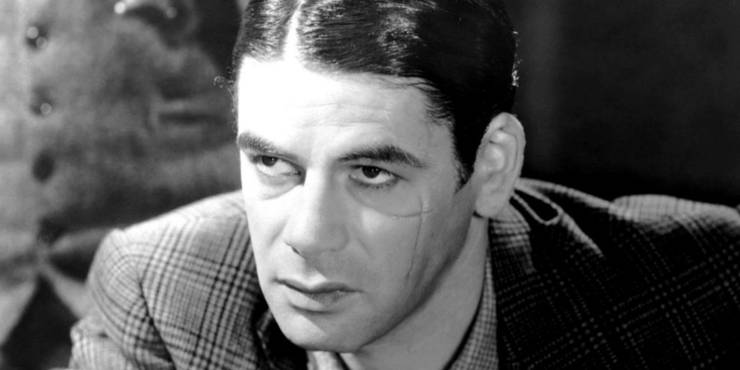
This gangster movie from the 1930s follows Tony Camonte, a Chicago mobster, as he ignores warnings from his boss and, in an attempt to control the whole city, starts an all-out war with rival families. Made over 50 years before its now classic remake starring Al Pacino as Tony Montana, this movie was and still is one of the most highly censored movies in history. According to Story Screen, members of the MPPDA (Motion Pictures Producers and Distributors of America) wanted to avoid movies that showed a sympathetic attitude towards crime. Scarface also contained violence against women, murder, and many believed the ending was too graphic. In an attempt to remove the censorship, scenes containing these themes were eventually removed.
Häxan(1922)
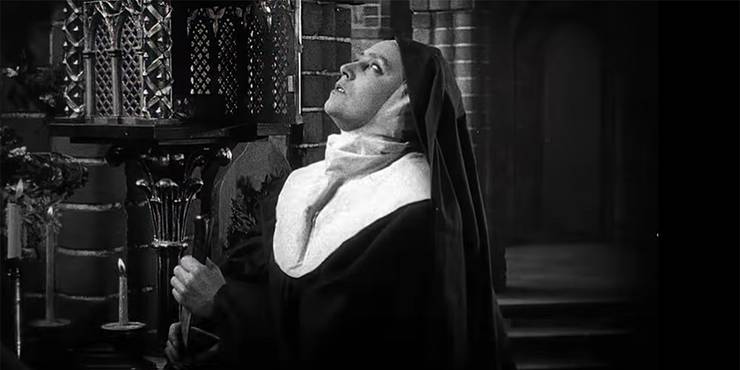
Häxan is a Swedish silent horror movie that contains partly documentary-style and party traditional, narrative-driven storytelling.
Häxan was shot in Denmark and studies the act of witchcraft, its followers, and its connotations, beginning in the Middle Ages and following it through to the 20th century. According to Horror Film History, it was met with backlash from those who believed that what was shown was sacrilegious and that the depictions of demonic behaviour, sex, and unadulterated horror made the movie unfit for public exhibition.
The Tin Drum (1979)
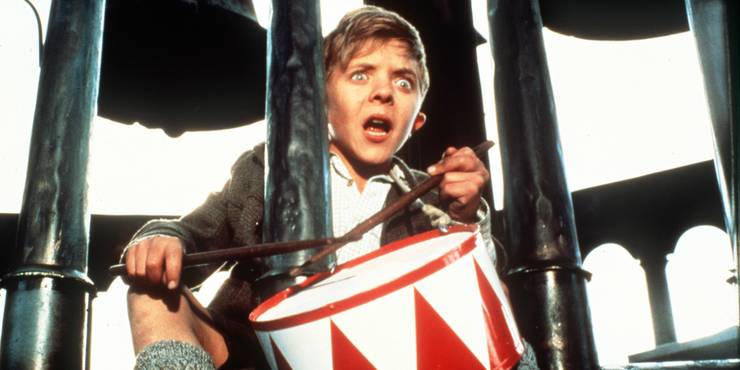
The Tin Drum, which is based on the 1959 novel of the same name, is set in Poland in the 1920s and follows a young boy named Oskar who, after receiving a tin drum on his third birthday, begins to display strange abilities. David Bennent, who plays Oskar, was 11 years old at the time of filming and performed in a scene with a 24-year-old actress that was sexual in nature. According to Criterion, due to David's incredibly young age and the content of the scene, the movie was banned in Oklahoma County, where all copies were confiscated and one man who had rented the movie even faced prosecution.
The Profit (2001)
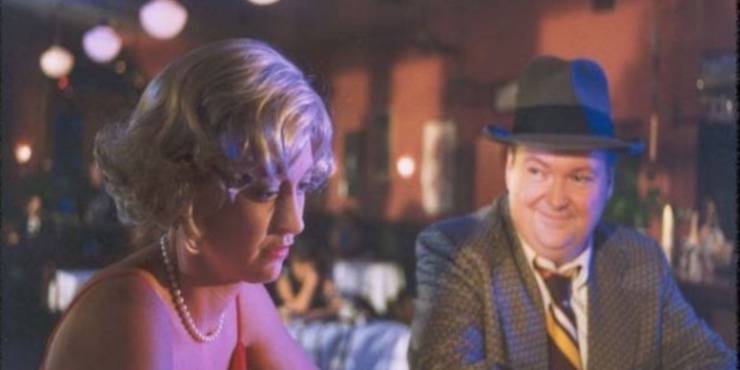
The Profit, although described by its producers as a work of fiction made to educate the public about cults, heavily parodies the Church of Scientology. The movie follows a cult leader named L. Conrad Powers (parodying L. Ron Hubbard, the founder of the Church of Scientology) who is the founder of an organisation called the Church of Scientific Spiritualism.
After the release of the movie, the Church of Scientology saw its plot as a way of discouraging people to join their religion and also believed the movie was made to influence the public's opinions on a then recent police inquest into the death of one of its members. According to The Things, the Church of Scientology took legal action and successfully stopped the distribution of The Profit for five years.
I Am Curious (Yellow) (1967)
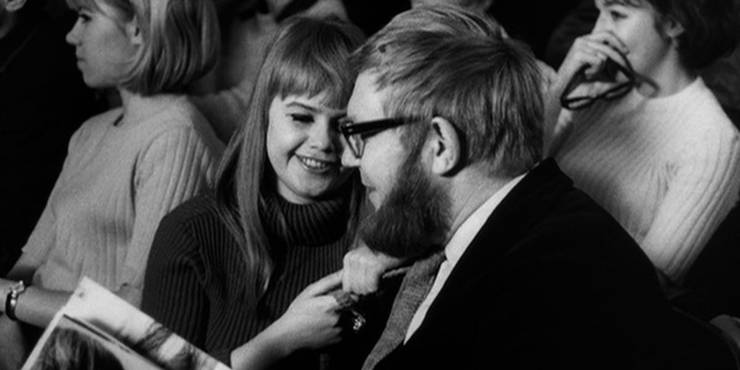
This Swedish erotic drama follows a woman named Lena who lives with her father and wants to experience and learn about, life. She has files on men and religion, and her bedroom walls are adorned with images of crimes against humanity, fuelling her passion for social justice. I Am Curious (Yellow) features numerous scenes of sexual intercourse and nudity, and not only was it censored in Massachusetts for being pornographic, but an arsonist set fire to a theater in Houston (according to A Curious Histonian) that was showing the movie.
Ecstasy (1933)
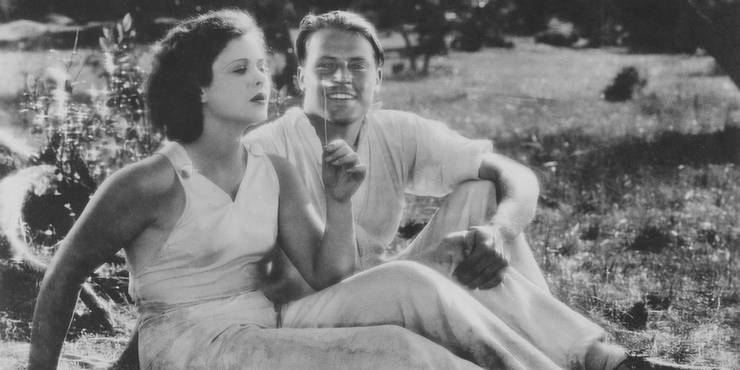
Following a woman who marries a much older, wealthy man, this Czech erotic drama movie premiered in 1933, but due to numerous bans and censorship issues, it was not released in some countries until years later. Ecstasy features nudity, which in 1933 was not a normal thing to include in a motion picture. Further controversy was sparked when the actress who plays the nude woman stated that she was tricked into doing so and the scene didn't appear in the script. According to Berkeley Library, Ecstasy was condemned by the Vatican and Pope Pius XI even denounced the movie in the Vatican newspaper.
The Birth Of A Nation (1915)
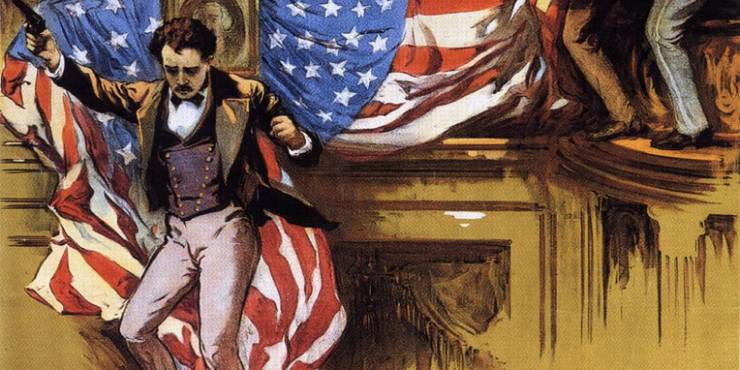
This silent epic drama movie, although lauded for its cinematic quality and regarded as a landmark in movie history, has been described as the most racist film in Hollywood. It features white actors in blackface playing Black characters and depicts the Ku Klux Klan in a manner not just favourable but heroic, according to The History Channel. Set during the Civil War and following two families, one Northern and one Southern, The Birth Of A Nation sparked controversy, and Black Americans protested its release, saying that it should be banned so as not to incite violence.
zimmermanlibehiss1999.blogspot.com
Source: https://marvelvietnam.com/10-movies-that-were-banned-in-america/
0 Response to "Banned in America Funny Practical Joke Movie"
Post a Comment